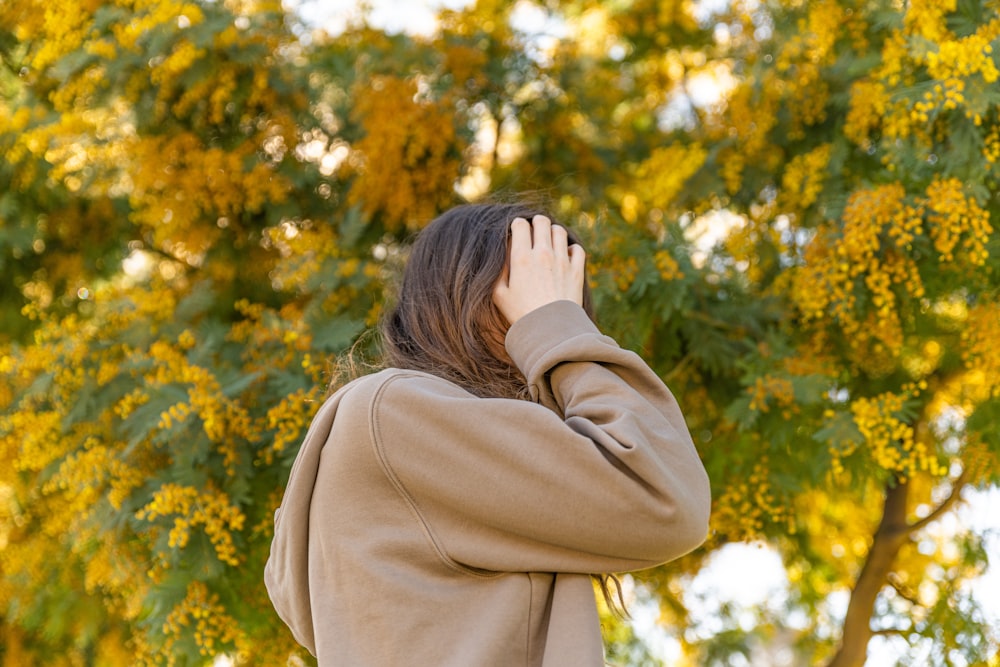HAY FEVER
Hay fever can affect someone of any age and symptoms can vary from mild to severe.
What is Hayfever?
Hay fever is an allergic reaction to pollen, typically when it comes into contact with your mouth, nose, eyes and throat. Pollen is a fine powder from plants.
SYMPTOMS
- Sinus inflammation
- Red/itchy/ watery eyes
- Nose bleeds
- Sneezing
- Coughing
- A runny/blocked nose
- Pressure in face/temples
- Earache
- Feeling Tired
- If you also suffer from asthma, a tight chest may accompany these symptoms
Does hay fever worsen with age?
The good news is that many people find their symptoms improve as they get older and it disappears completely in 10-20% of people!
We understand how frustrating it can be dealing with the symptoms, especially in the summer months but it is possible to reduce symptoms with the right help.
TIPS AND TRICKS
Do
- Vacuum regularly
- Buy a pollen filter
- Take antihistamines
- Take nasal spray (please ask your nearest pharmacy)
- Shower and change your clothes after being outside
- Wear wrap-around sunglasses
- Put Vaseline around the nostrils to catch pollen
Don't
- Do not cut grass or walk on grass
- Do not spend too much time outside
- Do not keep fresh flowers in the house
- Do not smoke or be around smoke – it can worsen symptoms
- Do not dry clothes outside – they can catch pollen
- Do not let pets into the house if possible – they can carry pollen indoors
Further Treatment
STEROID NASAL SPRAY - Can help reduce inflammation (swelling) which can relieve symptoms such as sneezing, and a runny or blocked nose. Please ask your local pharmacy for more information.
IMMUNOTHERAPY - Is used to reduce the body's response to the substance causing the allergy. The immune system therefore gets used to the allergen thus relieving symptoms. Please contact your GP for more information
STRONG ANTIHISTAMINES - There are plenty of antihistamines you can buy over the counter at the pharmacy, however, if these are not working, please contact your GP for more advanced antihistamines that are only available with prescription.
Last Updated : 17/06/2024



